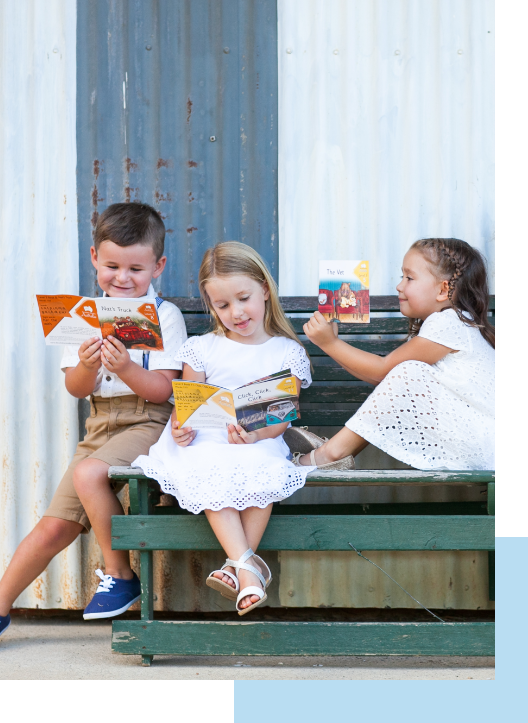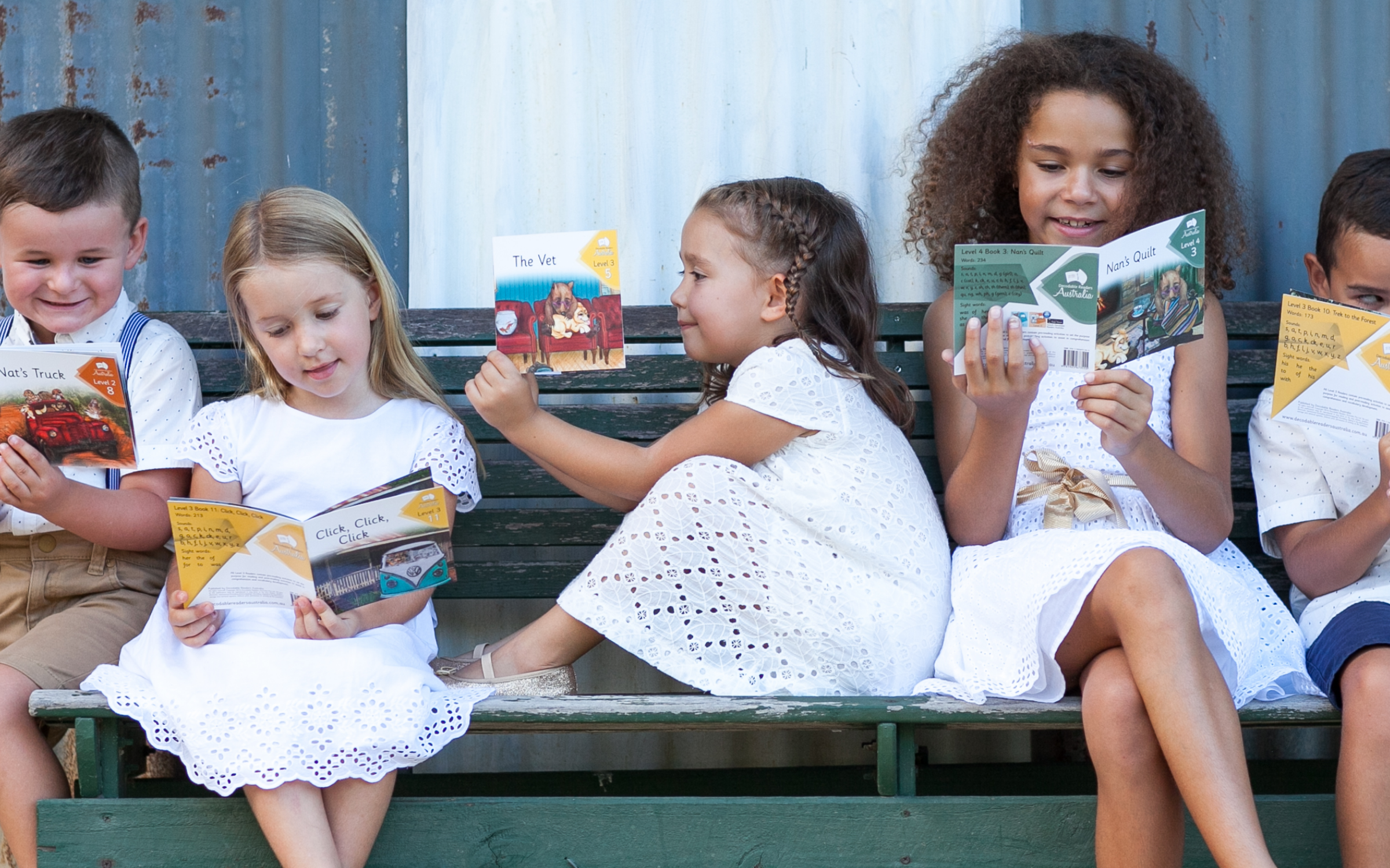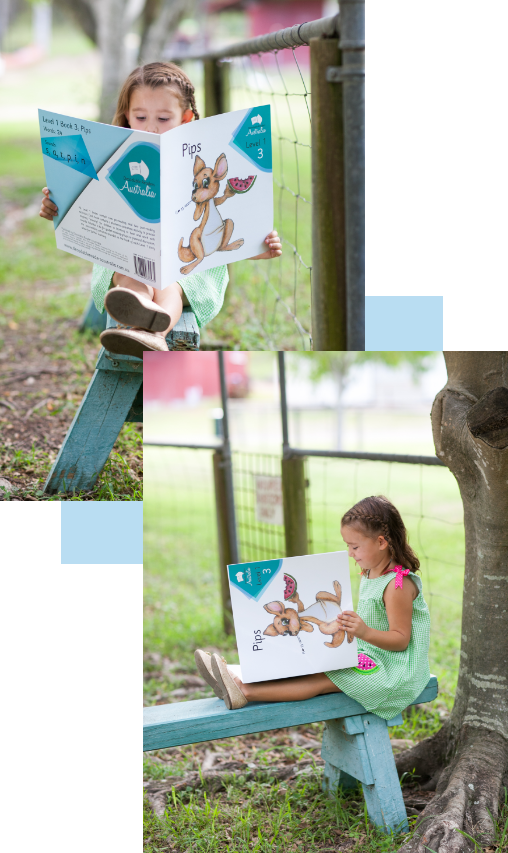
Sight Words
A sight word is a word that can be effortlessly read when seen. This gives the impression that the reader does not decode it. However, all words, including a small amount of irregular high frequency words need to be explicitly taught (part to whole) and practised.
For example:
If a child is learning the sounds s,a,t,p,i,n, they may also need to learn 'a', 'the', 'she' and 'has', in order to read a grammatically correct sentence.
The goal is for children to recognise these words (sight words) effortlessly, but this should only happen through repeated decoding and careful explanation of their complexity, not taught as whole words.






